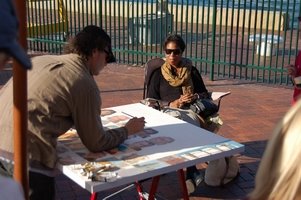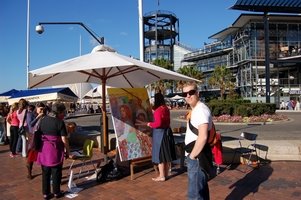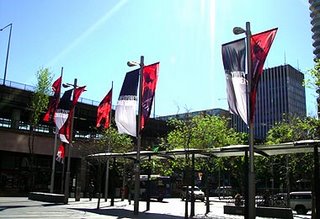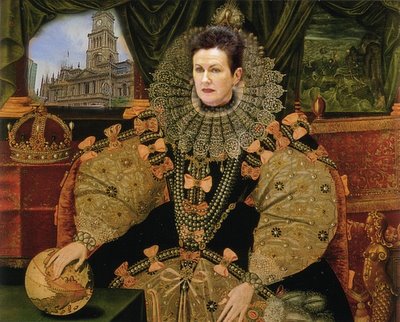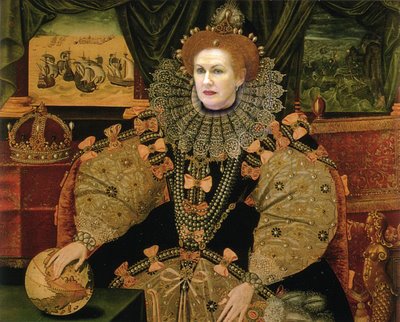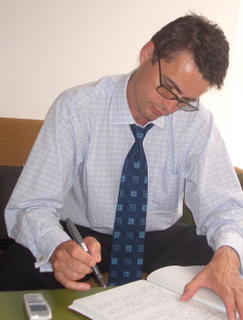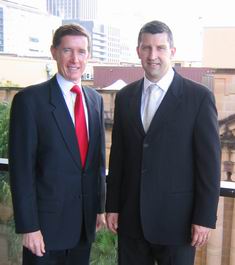 DEBNAM ANNOUNCES EDWARD MANDLA AS LIBERAL CANDIDATE FOR SYDNEY
DEBNAM ANNOUNCES EDWARD MANDLA AS LIBERAL CANDIDATE FOR SYDNEYNSW Liberal Leader Peter Debnam today welcomed Edward Mandla as the Liberal Candidate for the electorate Sydney in the March 2007 State election.
“It is with great pleasure I announce Mr Mandla will be the Liberal Candidate for Sydney at the 24 March 2007 Election,” Mr Debnam said.
"After a decade of neglect the people of Sydney are desperate for a change of Government and the only way that will happen is if enough Liberals are voted into Parliament," he said.
“Edward is a long term CBD resident; working, living and bringing up a family in the area has given him an understanding of the environment and challenges in the electorate.
“Edward has his finger on the key issues in the new seat of Sydney: law and order, public transport, roads, education and health.
“Edward is passionate about moving Sydney onto the front foot with well thought out and positive solutions to address the infrastructure crisis gripping the city.
“At the same time Edward realises the need to protect the character of the local community. He played an integral role in the ‘Save Our Working Harbour’ campaign, helping organise a large rally to protest the Iemma Labor Government’s plans to sell off Sydney’s working harbour facilities.
“Edward has over 20 years experience leading organisations and is director of CBD based SMARTFORCE Solutions. This extensive business experience will assist the implementation of Liberal/Nationals policy initiatives such as payroll tax cuts in an effort to kickstart the faltering economy.
“Edward has introduced a Work Life policy to encourage a family friendly environment in his company, which promotes more flexible work hours, options for fully paid parental leave and child care reforms.
“As President and office bearer of the Australian Computer Society for more than a decade, Edward lobbied hard to ensure all school children are computer literate and for all homes to have broadband Internet access.
“His passion for sport has seen Edward referee junior and school basketball games for ten years.
“Edward Mandla will continue to fight for the residents of Sydney, exposing Labor’s neglect of the local area and the decaying state of our hospitals, roads, transport and schools.
“I look forward to Edward Mandla being part of the Liberal team to take the fight up to the Iemma Labor Government over the next ten months,” Mr Debnam said.
ENDS (pictured NSW Liberal Leader Peter Debnam MP and candidate for Sydney Edward Mandla).
eCouncillor comments:
Correcting some mischief going around in Council offices and media circles today before it appears on the back of the SMH. The Liberals have endorsed a candidate for Sydney state seat (see media release). Edward was unopposed and unanimously endorsed by the local branch members as a candidate who relates well to inner city issues and the values of tolerance and compassion held by most inner city people. Contrary to rumour I was not defeated in a preselection. There was no preselection contest. I decided not to run but instead focus on my Council workload and business. Edward enjoys my full support both as the local Liberal Councillor and as the President of the Liberal Party in Sydney state electorate. I hope that clears up any concerns for my political well being that some have been mischievously expressing today.


